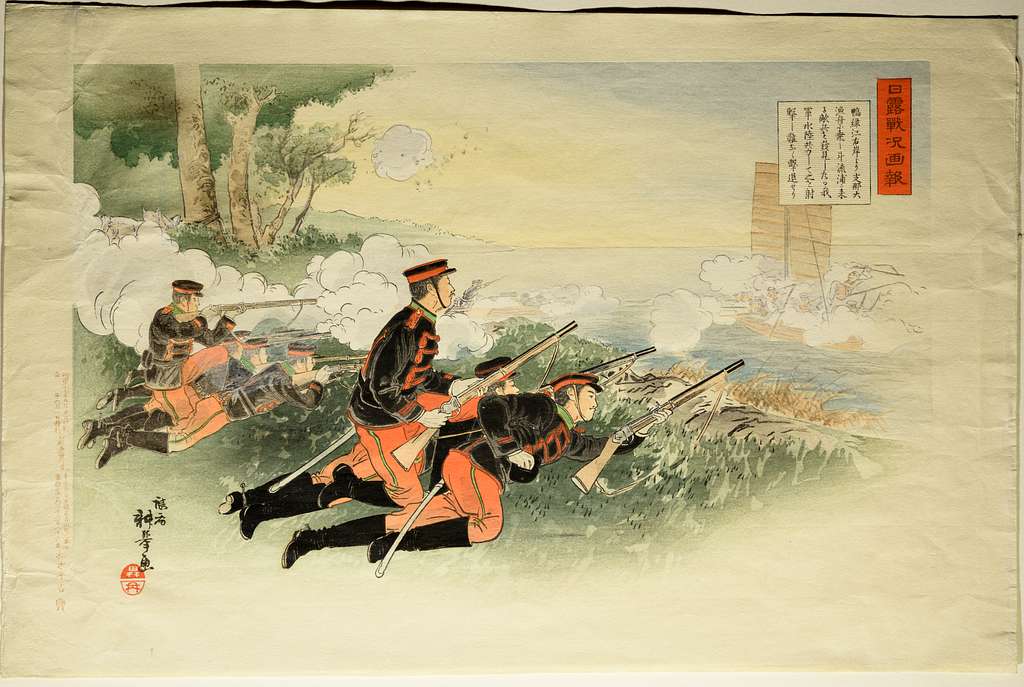The Russo-Japanese War was a watershed moment in world history because it marked the first time in modern history that an Asian power defeated a European power. A dispute over control of the Korean Peninsula and Manchuria sparked the war, which lasted from 1904 to 1905. The conflict had a long-lasting impact on the region and was a watershed moment in Japan’s rise as a major imperial power.
The Causes of the Russo-Japanese War
The Russo-Japanese War began in February 1904, when Japan attacked the Russian Pacific Fleet at Port Arthur (now Lüshunkou, China). The Japanese were able to severely damage the Russian fleet and land forces, quickly gaining the upper hand in the conflict.
Aside from these strategic interests, tensions between the two countries arose over issues such as trade and the treatment of ethnic minorities. These tensions eventually erupted into open conflict, with both sides mobilizing military units in readiness for war.
The Course of the Russo-Japanese War
The Russo-Japanese War began in February 1904, when Japan launched a surprise attack on the Russian Pacific Fleet at Port Arthur (now Lüshunkou, China). The Japanese were able to inflict significant damage on the Russian fleet and land forces, and quickly gained the upper hand in the conflict.
Both sides suffered heavy losses during the war, with Russia losing approximately 120,000 soldiers and Japan losing approximately 70,000. Both countries spent heavily on military operations and resources during the war, which had a significant economic impact.
Despite Russia’s efforts to turn the tide of the war, Japan emerged victorious, having defeated Russia in several major battles and forced them to accept a peace treaty. The treaty resulted in Russia ceding control of the Korean Peninsula to Japan and recognizing Japan’s interests in Manchuria.
The Impact of the Russo-Japanese War
The Russo-Japanese War was a major turning point in world history, as it marked the first time that an Asian power had defeated a European power in a modern conflict. The war also had a lasting impact on the region, as it contributed to the decline of Russia as a major world power and solidified Japan’s position as a rising imperial force in Asia.
In the aftermath of the war, both Japan and Russia experienced significant political and social changes. Japan continued to expand its empire and become a major player in international affairs, while Russia underwent a series of political revolutions and underwent a period of modernization.
Conclusion
The Russo-Japanese War was a significant event in world history that had a lasting impact on the region and beyond. It marked the first time that an Asian power had defeated a European power in a modern conflict and was a turning point in the rise of Japan as a major imperial power.


One response to “The Russo-Japanese War: The First Modern Conflict Between an Asian and European Power”
Good luck!